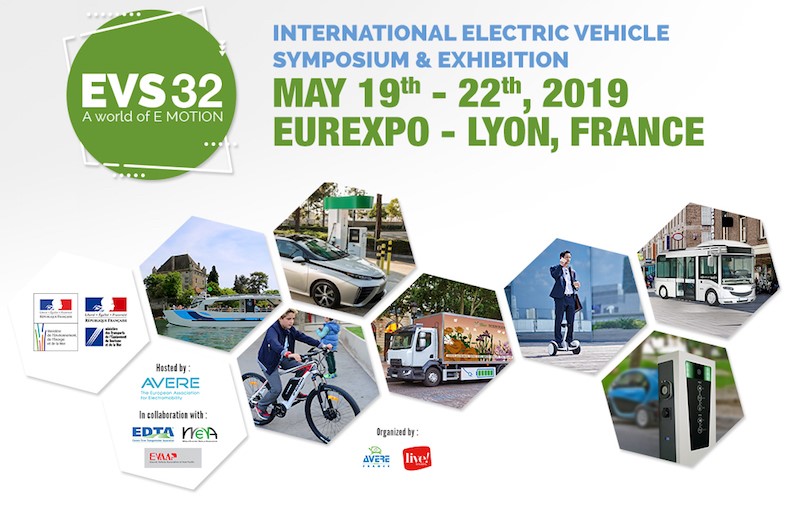The EVS 32 International Electric Vehicle Symposium & Exhibition
CME is presenting at the International Electric Vehicle Symposium (EVS32) & Exhibition, the leading international event to address issues around sustainable mobility with particular focus on lifestyle and economy changes.
The main themes of the symposium this year surround electrification, connectivity and driverless vehicles. The EVS considered to be the largest and oldest conference in the world on electric vehicles and how the technology will be used in future mobility.
The various components of electric mobility will be on display at the conference, from markets to vehicle battery technology (hybrid and hydrogen fuel cell - FCEV), motorcycles to trucks, and charging facilities to related services and public policy.
The shift towards electric vehicles and the adoption of renewable energy sources is a necessary step towards alleviating climate change. However, such measures impose significant challenges for the electricity supply network, which has to meet additional power demand whilst integrating increasing levels of intermittent energy sources.
An integrated energy system for the Eastcroft Depot in Nottingham, UK (CME City Pilot) has been modelled by Cenex (CME project partner) as part of the CleanMobilEnergy project. The model analyses the energy flows between the components of the system, including the existing buildings of the depot, three proposed PV installations, potentially forty electric vehicles with vehicle-to-grid capabilities and a stationary battery.
The study was accepted for a lecture presentation by the EVS32 Scientific Programme Committee. A preliminary programme has been published and it is available on the EVS32 website.
Main findings of the study include:
- Development of a model to analyse the energy flows between the components of the Eastcroft Depot in Nottingham.
- EV charging is mostly compensated by the generation of the proposed PV installations; yet the peak power demand is increased by 80%.
- Smart charging is a beneficial approach for reducing peak power demand; some reduction in energy bills and CO2 emissions is possible.
- V2G and stationary battery can bring grid consumption to zero during the day; substantial economic benefits on energy bills and CO2 emissions are achieved; yet, the overnight peak power demand is increased significantly.


